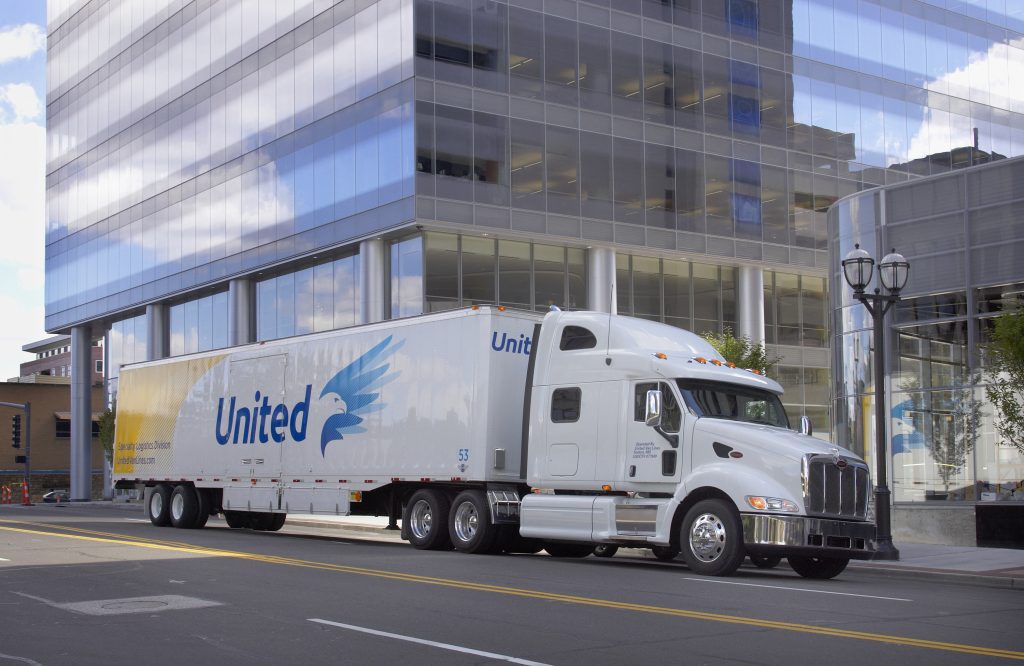Moving is undoubtedly a significant life change, but the task is also one of those parts of life that come with unique costs. From small expenses like getting packing supplies to larger ones like securing professional movers for help, you can have several things to pay for in the process.
Getting proactive in advance and setting a moving budget will help you decide how much you need to set aside and prevent you from spending more than necessary.
1. Take inventory of your belongings.
This is a big, essential step. Knowing how much you have to move will determine:
- How many packing supplies you need
- What size truck the professional movers will need to bring
- How many days you may have to take off from work to get it done
Go from room to room, take stock of what you have, and decide what would be best left behind, donated, or otherwise eliminated.
2. Consider your everyday expenses.
If you don’t already have savings set aside, your moving budget will be covered by future income. Look at what you will be making and subtract your every day or every month expenses. Keep in mind that you will still need to cover the costs of things like fuel for your vehicle and groceries. What you have remaining will give you an idea of how much you can allocate toward moving expenses.
3. Create an emergency moving fund for “just in case” situations.
Curveballs during a move can happen. For example, you may need to pay for:
- A hotel if something happens and the power is not turned on at the new place by moving day
- A babysitter if a toddler gets antsy and you can’t get anything done
- A meal out if you’re completely exhausted, and your entire kitchen is packed
Be sure to set aside a small emergency fund designated explicitly for those unexpected expenses that may come up.
4. Talk to the professional moving company for price quotes in advance.
Get price quotes from professional movers early on. Through a virtual survey of your home, they can provide a reliable estimate. Having an idea of how much you need in advance can help you plan accordingly.
5. Consider expenses related to the new location.
Every new home will come along with its new expenses to get the place ready for living. Find out how much money you will need to cover things like deposits or connection fees for utility services, security deposits on rentals, and even outside storage if you are downsizing and don’t intend to get rid of a lot of your belongings.
6. Leave just a bit of breathing room in your end plan.
Once you have a good idea of how much you will need in your moving budget, do what you can to leave or create a little breathing room. For example, if your income has you a bit short, you may consider picking up a few extra hours at work or holding a garage sale to pad your budget. A little extra money can mean a lot when you are in the middle of moving, and something ends up costing a bit more than you anticipated.
Moving Made Easy
An excellent moving budget can make your big move a bit less intimidating financially. For help with your next move, reach out to us for a price quote. We can help with your upcoming move.



